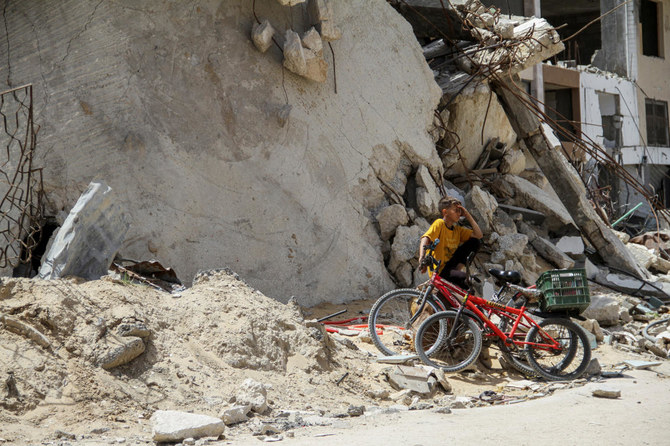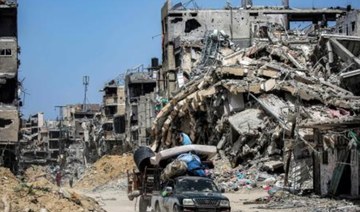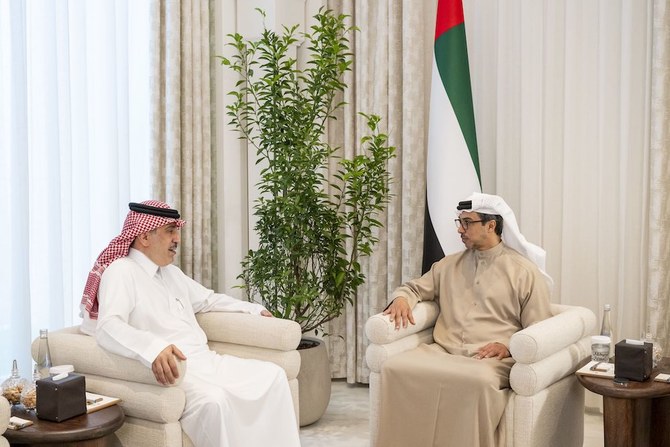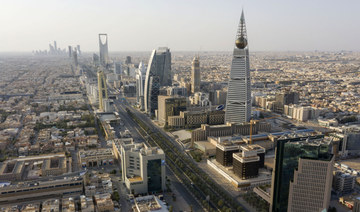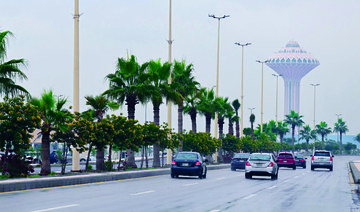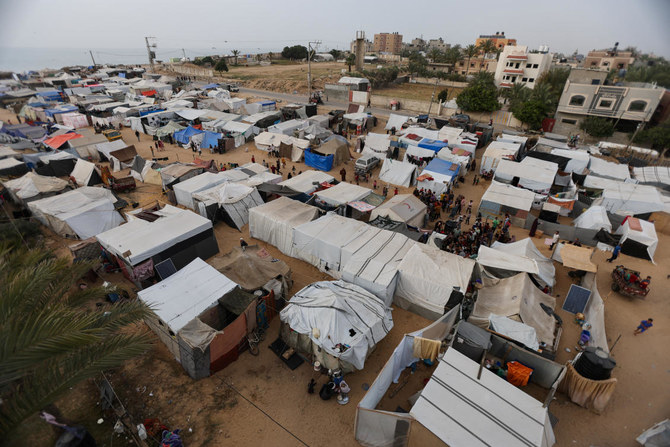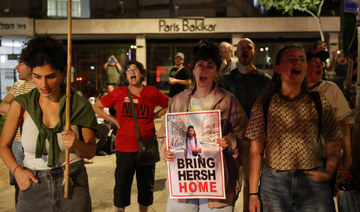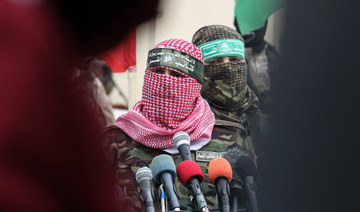BEIRUT: Lebanon’s Bioland is on a mission to popularize organic produce, selling food from its four farms for prices that are a little above the going rate for conventionally grown crops and meat.
“Organic food shouldn’t be sold as a luxury; it’s just returning to the way our grandparents used to farm and eat before commercial agriculture became the norm,” said Gilbert Khoury, general manager at Bioland.
“Not using chemicals and artificial fertilizers might only reduce yields by 10-15 percent, so there shouldn’t be such a huge margin on organic food.”
Today, Bioland’s farms produce 80 certified organic products including fruits, vegetables, dairy, meat, poultry, eggs, olive oil, honey and aromatic herbs.
The company — which also operates three shops, a restaurant and a bakery — is the creation of founder Henri Bou Obeid, a French-trained Lebanese engineer.
Returning to Lebanon in 2003, he bought a plot in the village of Sghar, around 60 km north of Beirut, to start a family farm that five years later was yielding so much produce he decided to launch Bioland.
Obtaining organic certification from internationally renowned Italian firm CCPB, Bioland began delivering organic produce to customers in the surrounding area.

The company also operate three shops, a restaurant and a bakery. (Supplied)
In 2014, the brand’s first organic shop opened in Beirut’s Achrafieh district, while today it also supplies around 70 business customers and serves around two-thirds of Lebanon’s major cities. In all, the company has 600,000 square meters of organic land under cultivation.
“When we opened our first shop, the awareness over organic food and the benefit of its consumption was very low,” said Khoury.
“Now, perhaps 80-90 percent of people are convinced about eating organic, but far fewer can afford to do so. That’s why our shops sell organic produce cheaper than you’ll find elsewhere,” he added.
“Our slogan is ‘organic for all,’ so we’ve always strived to grow our own food and transport and sell it ourselves to keep the costs down. There are no middlemen taking a cut.”
The yield from fruit trees such as walnuts and almonds are almost the same whether they are grown organically or conventionally.
For the likes of tomatoes and cucumbers, the yield difference is usually 10-15 percent, says Khoury.
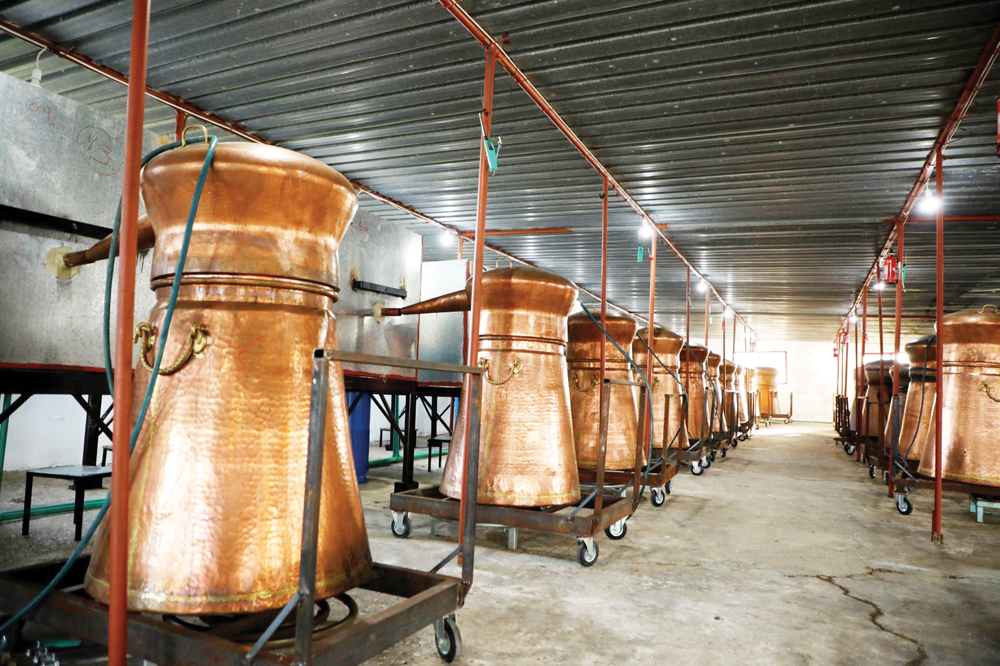
“The problem is if a crop gets any sickness or pest infestation, there’s no organic solution. Two years ago, we had to throw away 15 tons of tomatoes,” he added. “Other than that, we’ve not faced any big problems with organic agriculture.”
At one farm, Bioland has planted 10,500 orange blossom trees via the permaculture method in which little landscaping is done in order to maximize water retention and reduce the need for water irrigation.
At other farms, the company has planted nitrogen-fixing trees such as carobs throughout the land, and built lakes to support biodiversity and attract the likes of birds and butterflies.
“Our chickens are free range and we don’t use growth hormones. We don’t use GM crops or artificial fertilizers and chemicals. We don’t harm bees or other insects. We don’t spray,” Khoury said.
“We just plant other trees like neem to deter insects, and sometimes we release ‘good’ insects to kill the ones that eat our crops.”
Among the challenges the company faces are the high cost and difficulty in importing organic feedstock for its animals, which sells for around 3.5 times the price of conventional feedstock.
Bioland imports organic powdered cow’s milk. Another difficulty is sourcing non-plastic packaging in order to export produce abroad.
“We’re planning to export abroad, especially eggs. We’re also working in essential oils — we already export to the UK and South Korea, plus orange blossom water to France,” said Khoury. “People are now more aware about eating organic, and how organic food is grown.”
* This report is being published by Arab News as a partner of the Middle East Exchange, which was launched by the Mohammed bin Rashid Al Maktoum Global Initiatives and the Bill and Melinda Gates Foundation to reflect the vision of the UAE prime minister and ruler of Dubai to explore the possibility of changing the status of the Arab region.









